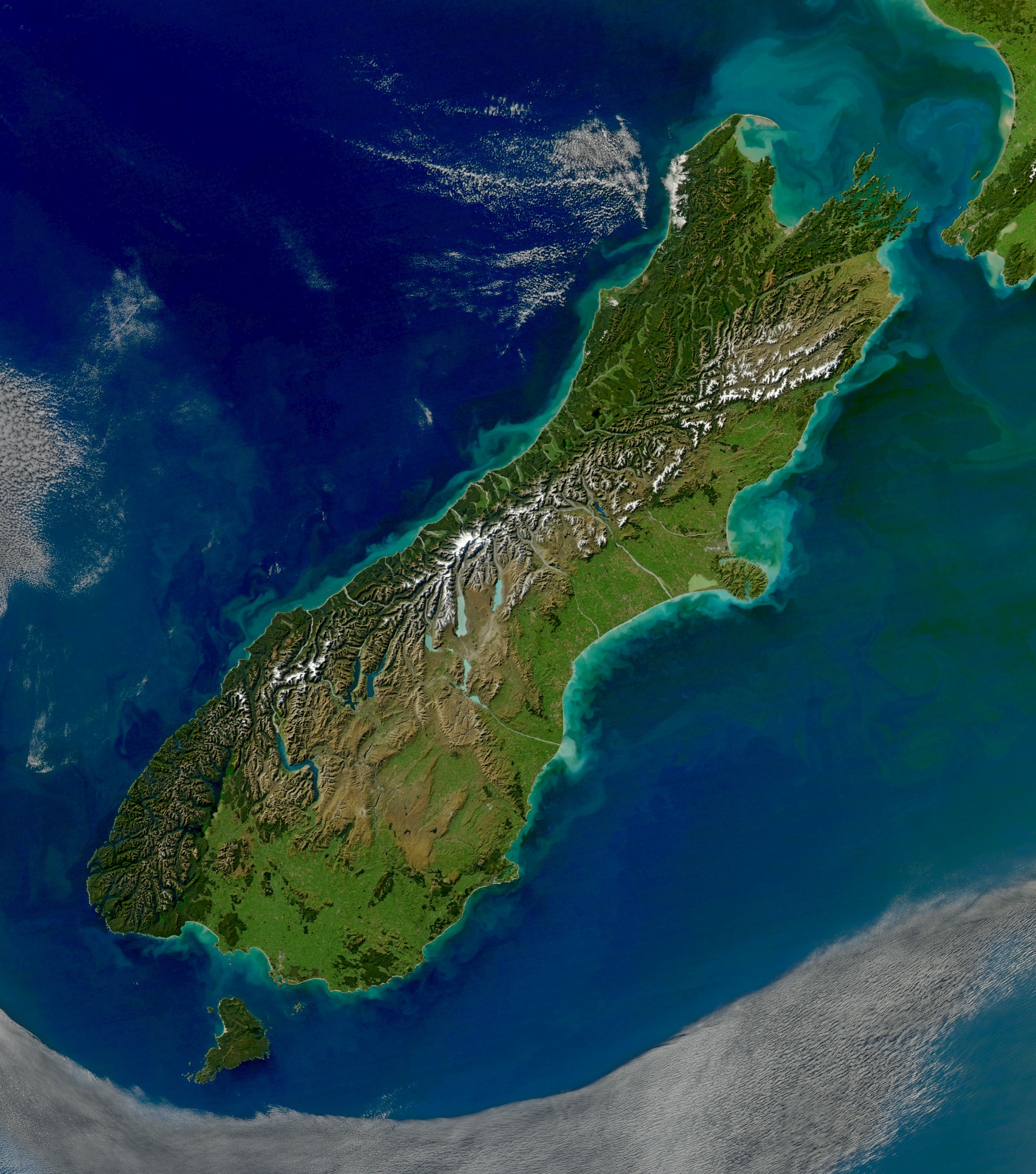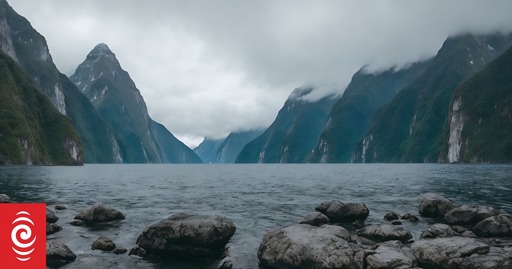A recent Master’s thesis has found a Milford Sound tsunami - triggered by a landslide - may leave no survivors, with as many as 3500 dying if the wave hits during the peak of the tourist season.
The new modelling, which builds on more than a decade of research, shows the best chance of survival relies on people running for higher ground before the shaking stops.
The best-case scenario shows 5.2 percent of people would survive the wave, and in this case the tsunami would have to hit at night, during the winter offseason, when only a few hundred people would be in the area.
Edited title to make it sound less like there was just a tsunami and everyone died.



Well, I guess when you size up the risk it may not actually be that high compared to everyday activities. What’s the risk of being killed in a car crash vs a volcanic eruption happening on Rangitoto over the course of a lifetime?
I volunteer with LandSAR and one of the things they drill into us is risk vs consequence. Yes, the risk of something may be low, but if the consequences are high then you should seriously consider another option… At least in theory 😂
You make a good point. An eruption big enough to kill a lot of people (say, 500k) might only happen once in 10 million years. But if it does happen, the country is pretty fucked.
Lucky for us (or them), we can mitigate against the threat. GeoNet does monitor the Auckland volcanic field for activity, and in theory, we would get advanced notice of an eruption and be able to evacuate people. Hopefully you guys have plenty of space down south because if an eruption big enough to kill 500k people ever happens, it will probably make most of the North Island unlivable for some time.